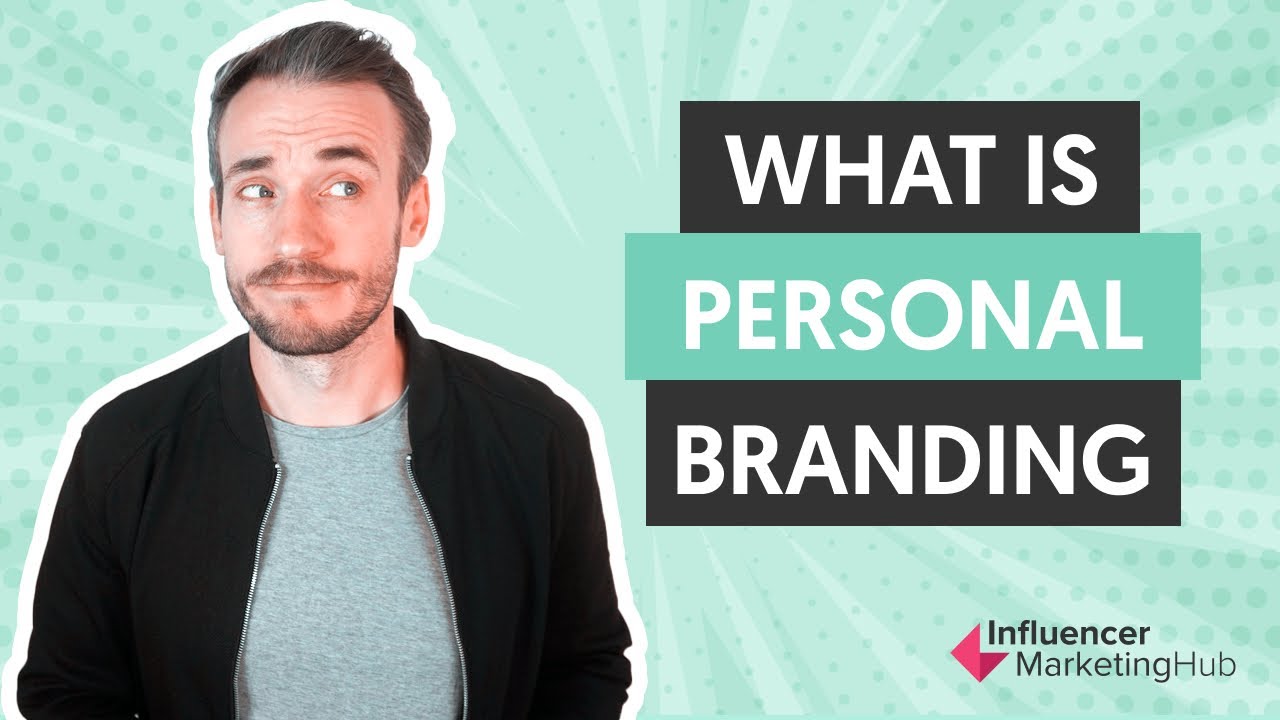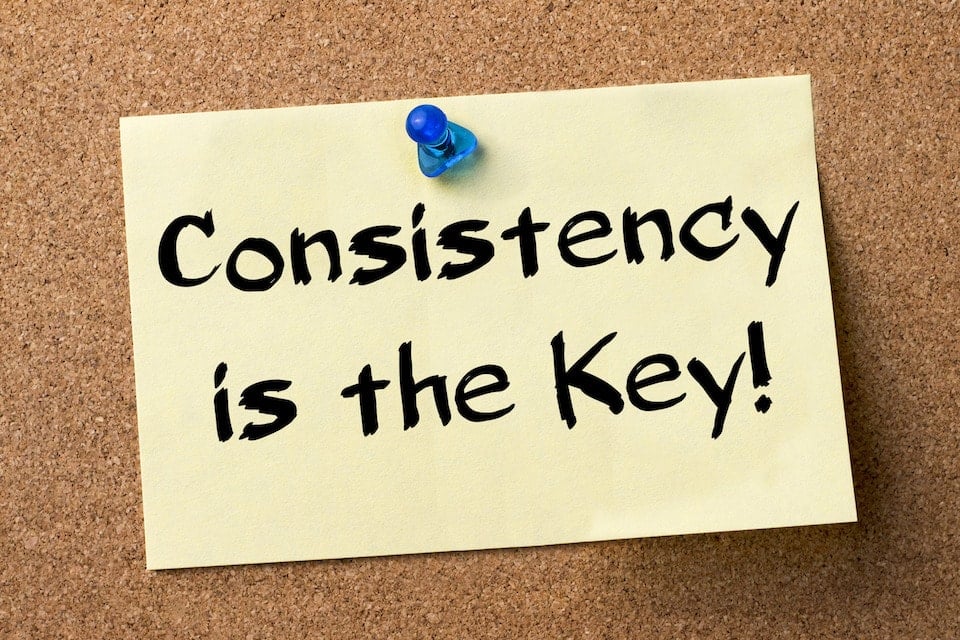"Think Different," Apple challenged the world. Nike pushed people to “Just Do It,” regardless of their age, gender, or level of physical condition. “America Runs on Dunkin',” Dunkin' Donuts persuaded busy professionals.
These well-known slogans have evolved into rallying cries through time, establishing the tone for how each brand communicates and identifies itself in the marketplace. These slogans have communicated a story and changed how people perceive the organizations behind them in only a few words. They show the power and potential of brandingwhen viewed as a whole.
Dr. Sean Gresh, a faculty member at Northeastern's Master of Science in Corporate and Organizational Communication program, says, "Brandingis what firms stand for." “It's represented in how that organization operates, how it serves people, the values it shares, and how those values are projected.”
A powerful brand stands out from the crowd, resulting in increased sales, increased awareness, and improved customer experiences.
However, branding isn't just for businesses. Each professional has a unique story to tell as well as aspirations, abilities, and experience to share. A personal brand is no more a nice-to-have in today's increasingly digital world; it's expected.
What Is A Personal Brand?

What is Personal Branding?
Gresh notes that a personal brand is analogous to a corporate brand in many aspects. It's who you are, what you believe in, the values you hold dear, and how you exhibit those ideals. A personal brand helps individuals convey a unique identity and clear value to potential employers or clients, much as a company's brand helps them communicate their value to customers and stand out from the competitors.
“Personal branding is one's story,” Gresh summarizes.
That tale has the potential to help you launch or advance your career. In fact, 85 percent of hiring managers say a job candidate's personal brand has an impact on their hiring decisions.
Your personal brand should emphasize your skills, establish a reputation, foster trust, and explain the distinct qualities you contribute to your current (or desired) industry. Your personal brand, if well-cultivated, will indicate to employers whether or not you'll be a good fit for an open position. Advice on establishing your personal brand.
Although developing a personal brand may appear difficult, there are actions you can do to gain credibility in your area. Here are five pointers to help you build an authentic personal brand while still advancing your profession.
Figure Out Who You Are And What You Want To Do With Your Life
You must first understand yourself in order to create a personal brand that effectively reflects your personal and professional personality. Make a list of your personal strengths and flaws after some introspection. Consider the following questions:
- Which aspects of my job do I excel at?
- What inspires me?
- What qualities have people praised me on?
- Which undertakings have required the assistance of others on a regular basis?
- Which roles seem to sap my energies the most?
- Which projects can I work on for several hours without becoming overwhelmed or exhausted?
If you're having trouble answering these questions, ask your friends, family, and coworkers to describe you. Once you have a better understanding of the many aspects of your personality, you can decide how toeffectively brand them.
Keep in mind that many people are hesitant to choose a specialization since they don't want to be limited. Recognize that, like many corporate brands, your personal brand will evolve as your career progresses. The ideal technique is to pick a certain area to concentrate on and let it evolve over time.
Decide What You Want To Be Remembered For
Your personal brand is more than a reflection of who you are now; it's a map for where you want to go in the future. Gresh recommends examining your strengths and weaknesses in relation to the industry or career you wish to break into next, in addition to understanding your current abilities and competencies.
You'll discover the abilities and attributes that distinguish you, as well as the areas where you need to improve or learn new information in order to progress. Forecasting where you want to be in five or ten years, as well as the qualities you want to be known for, can help you figure out what measures you need to take to get there.
Define Your Target Market
You must first determine who you are aiming to target before you begin developing your own brand. Is it other thought leaders in the industry? A specific employee at a certain firm? Recruiters? The earlier you define your audience, the easier it will be to design your tale since you will have a better understanding of the type of story you must convey (and where you need to tell it.)
If you want to reach out to hiring managers and recruiters, for example, you may start by creating or upgrading your LinkedIn page. Why? Because 92 percent of recruiters use social mediato locate top prospects, with 87 percent of them using LinkedIn.
If you're a graphic designer looking to impress current clients and attract new ones, on the other hand, you might want to tell your narrative through a personal website or portfolio, where you can better express your many skills.
Investigate Your Chosen Industry And Pay Attention To The Experts
Gresh suggests accumulating research on experts in such roles as you begin to sketch out the careers you want.
He advises, "Find out who the thought leaders are in whatever sector you're interested in and don't just follow them." “Look them up on the internet to see whether they have blogs or other places where they share their thoughts. Look for successful people and analyze what they're doing. Imitate them, then outdo yourself.”
Your goal in developing a personal brand is to stand out, but you can't get there without first assessing who's already there.
Obtain Informational Interviews By Requesting Them
Consider reaching out to these people and asking for an informational interview as you begin to compile a list of organizations you want to work for and industry leaders you like.
“They just take 20 minutes, but they are quite valuable,” Gresh explains. “Don't be scared to ask anyone who you'd like to learn more from. People will amaze you with how honest and generous they are.”
When you meet with these people, ask them questions that will help you learn more about your chosen field, such as:
- How did you get your start in the business?
- What measures would you take if you had to go through the process again?
- What do you think the industry will look like in the future?
- How do you keep up with industry developments?
- Are there any professional or trade organizations that I should become a member of?
Informational interviews, according to Gresh, provide an added benefit: “You're learning about what it takes to go into the profession, but you're also sharing a little bit about yourself in the course of this dialogue.” What you're doing is establishing your personal brand.”
Although a job may not be on the line in one of these interviews, it may be in the future, and you want that employer to think of you when he or she is imagining the ideal candidate.
Make A One-Minute Elevator Pitch
Spend some time developing an elevator pitch - a 30 to 60 second story about who you are - as you begin to define your personal brand. Having an elevator pitch prepared makes it simple to communicate what you do and where you're going (or would like to go) in your career, whether you're attending a networking event or an informal party.
Frank Cutitta, head of the Center for Global Branding and a Northeastern University graduate professor who teaches a personal branding course, says, “You need to come up with really short, concise things to say—stories to tell” that frame your traits in the correct light.
Focus on a few crucial things to mention in your elevator pitch to keep it short. This could mean you're seeking for a new job, have expertise in a specific field, or have lately enhanced the value of your present department or firm.
Take Advantage Of Networking Opportunities
It's critical to network consistently (and effectively) to expand your professional circle while you develop your ideal personal brand. Attend formal and casual networking eventsto meet peers and industry thought leaders.
The more connections you build and the more value you can deliver in your encounters, the more likely your personal brand will become known. Because networking accounts for 85 percent of all job openings, attending these events on a regular basis will help you not only grow your brand, but also improve your career.
Don't be afraid to ask fellow guests to meet up for an educational interview or a casual coffee talk after the event. Remember, if you don't get a chance to meet up at the event, send an email or connect on LinkedIn to start a dialogue.
Inquire About Referrals
One of the simplest and most successful ways to define your personal brand is to have current and previous coworkers and bosses endorse you. This allows people to articulate your value for you. You should grow your own reviews in the form of recommendations, just as a corporation may create customer reviews and testimonials for use in sales and marketing collateral.
LinkedIn is an excellent site to seek endorsements because these suggestions are likely to capture the attention of potential employers. However, don't forget to ask those endorsing you to serve as an actual reference during your job search, making sure they're willing to speak with a potential employer or write a genuine letter of recommendation if necessary.
Don't know who to ask? Former supervisors who closely mentored you are great, but other connections, such as professors and leaders of organizations you belong to, can also craft good recommendations.
Increase Your Internet Visibility
Making sure your online presence is engaging to hiring managers, coworkers, and others - even if you're not looking for work - is one of the most crucial components of personal branding.
Because there are so many various social media platforms accessible today, your online presence will most certainly vary based on the channel you choose. While your story should be consistent across all platforms, knowing where your target audience is most likely to go will help you focus your efforts on conveying your best story there.
Keep in mind that your personal brand extends beyond the internet.
Your brand is more than just an online presence; it's how you conduct yourself at home, at work, and even on the bus.
Gresh emphasizes the importance of one's reputation. “Those who frustrate or annoy others will suffer the consequences. Take advantage of any opportunity you have to collaborate with others, volunteer for projects, or express yourself as a leader. That's a component of your identity.”
C-suite executives aren't the only ones who can lead. At every level of the company, there are strong leaders.
According to Gresh, “leadershipcomes from how you act, how you behave, and how you inherently relate with people.” “That is true leadership.”
That story you tell, combined with those everyday interactions, ultimately define your personal brand.
Consistency Is Key
Winning personal brands all have one thing in common: consistency. It's not only about posting on social media every day to be consistent. It's all about bringing the brand's design and messaging together. Do your social media posts all seem the same or do they all appear different?
Some may argue that you need variation in your content, but the truth is that the more consistent you are, the easier it will be to build a following. You'd probably lose interest if your favorite pop singer released a jazz album because you love their original music. Personal branding is the same way. Your audience will adore the way you deliver information. They'll abandon ship if you change the music.
Conclusion
Creating a distinct brand for your company might help it reach new heights. Following a combination of personal branding tips, such as being real, consistent, and social, will help you improve your employment chances. I understand that putting yourself out there can be frightening, but the benefit far outweighs the risk. You have the potential to have a significant impact on the world. It is in your hands to leave a legacy.
What Makes A Good Personal Brand
A great personal brand is coherent, clear, and consistent, with the goal of serving a specific target. A personal brand is essential for each entrepreneur since it is the most effective method to communicate your true message and attract YOUR unique tribe!
What Is Branding And Examples?
Branding is the practice of expressing a distinct selling proposition, or difference, that distinguishes a product or service from the competitors. Logos, taglines, jingles, and mascots are examples of branding methods.
What Does A Personal Brand Look Like?
What exactly is a Personal Brand Statement (PBS)? A personal brand statement is a statement of 1-3 words that describes what you do and why you are unique in your area. It summarizes your experience, talents, and enthusiasm so that others may quickly grasp who you are and what you provide.




